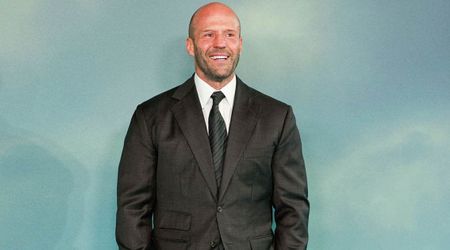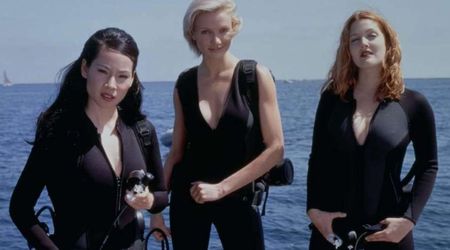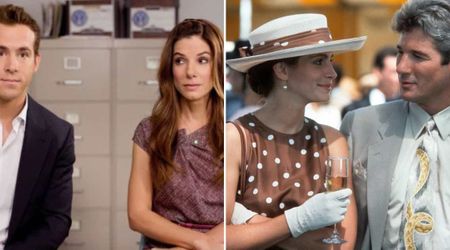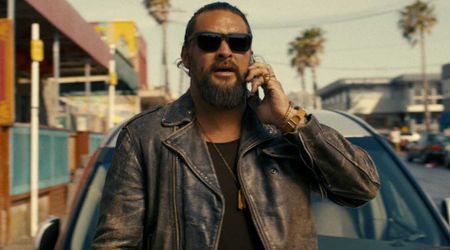'Skin: A History of Nudity in the Movies': The naked truth about onscreen nudity in the actors' offscreen lives

'Skin: A History of Nudity in the Movies' is an unscripted film directed by Danny Wolf that chronicles the history of nudity in Hollywood, from the invention of film to the present day. It encompasses the fascination of both filmmakers and fans with nudity on screen. The concept of nudity and the level of incorporation of nakedness by actors in a film has evolved over time from a period where it was lax to the era of the Hays Code. The film features interviews with actors and actresses who have disrobed for the camera at some point in their lives, industry experts and even art historians who share the artistic perspective of nudity in popular culture.
On-screen nudity has been seen as controversial for decades, alongside being a contentious subject matter for new actors. Several movies and television shows feature actors and actresses willing to dress down to their birthday suits. The general Hollywood consensus has always been that if an aspiring or up-and-coming actor bares it all in front of the camera, they can see themselves potentially climbing up the success ladder. On the contrary, going naked on-screen would mean that the video clips would be available for perpetuity and that would make many uncomfortable, because many artists give up personal privacy, willingly or unwillingly.
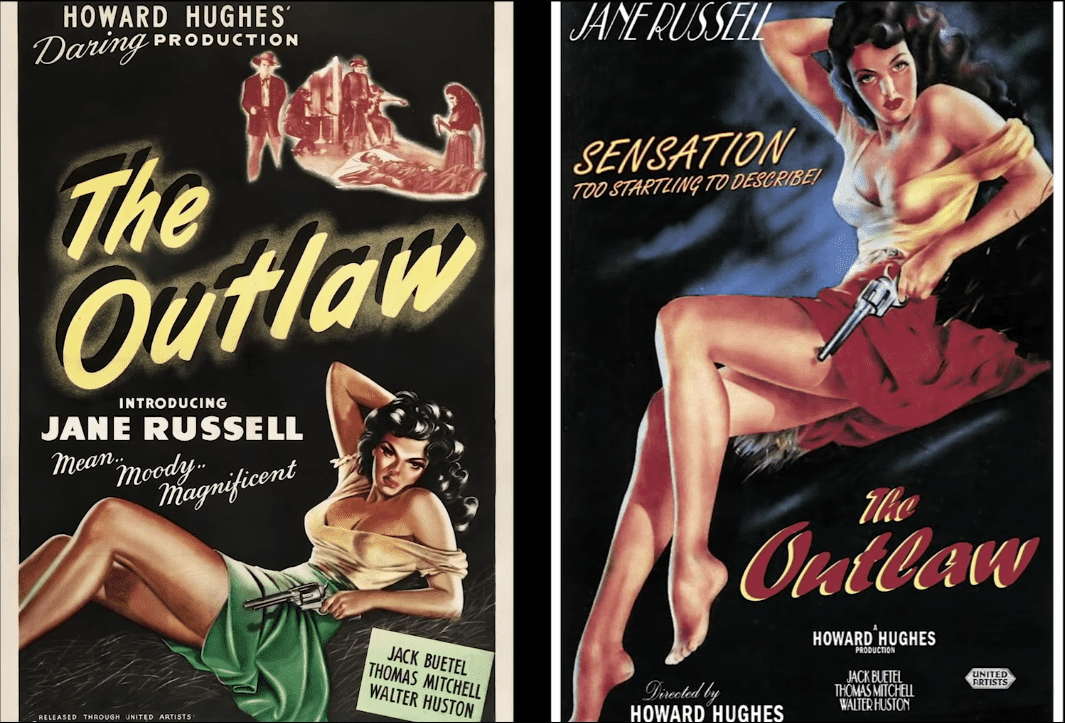
There is also a pre-conception of gender bias when it comes to nudity in films. It is considered more artistic and acceptable if the actress does nudity, rather than the actor. There is also a correlation between nudity and attractiveness, where the perception is that it is more feasible for an attractive actor to do a nude scene in a film. 'A Clockwork Orange' actor Malcolm McDowell, who has bared himself in several films throughout his prolific career, calls this "the hypocritical side of the business". Nudity is usually expected when the scene supports it or when it has a redeeming quality that compliments the film's plotline. However, the effects of shooting scenes of nudity in films for the world to see has often been overlooked when it comes to the offscreen and personal lives of the actors.
Diane Franklin, who is known for her role in the film 'The Last American Virgin' talked about the deliberation that goes through the minds of actors doing nudity for the first time, despite it being crucial to the script. “This is a big thing with actresses,” Franklin says. She was also increasingly afraid to become the typecast only known as the girl who just does nudity. “We get to a place where we’re like, ‘Do we need to nudity in order to get an acting job?’ I think it happens still today. But then there was a part of me that said, no, I can make this great, and it is an integral part of the story.” That seems to be a consistent and imperative point that she and others make throughout 'Skin'.

There is a clear distinction between essential nudity, which is what advances the storyline or character building, and exploitative nudity that is simply there for a titillating experience. Ultimately, it should be up to the actor to make a decision on wanting to disrobe or not. "When the empathy is apt, then you know it is necessary. When the empathy is drained out, there's objectification," says John Cameron Mitchell who starred in 'Hedwig and the Angry Itch', which required him to do some nude scenes. Cerina Vincent made her film debut as a foreign exchange student who is always in the nude, in the teen comedy spoof 'Not Another Teen Movie' in 2001. Prior to baring it all for the camera, she starred as Maya, the Yellow Power Ranger, and was beloved by her fans, who were enraged by her sudden shift in acting roles.
"Shooting a nude scene is one thing, one beast," Vincent says. "Dealing with the world judging you for it, is another." You are never prepared for the world to see you naked on an enlarged screen, and neither you when they start picking your body apart. The star of Russ Meyer's 1968 flick 'Vixen!', Erica Gavin painfully recalled the time that she saw herself naked, which caused her to become very critical of her body to the point that she nearly died of anorexia. "As a woman, if you have your eyes open and you have a good solid brain in your head, you can do it," adds 'Terminator 3: Rise of the Machines' actress Kristanna Loken. "There is nobody saying that you can't, in this day and age, except the women themselves."

In addition, an actor's willingness to get naked for a film is also directly or indirectly connected to their age. They may find that as they age, their body confidence increases where they are able to handle the on-set experiences more conveniently. On the contrary, may feel the exact opposite and the effects of time on their body may diminish their confidence where they no longer want to be seen naked. At the end of the day, however, on-screen nudity is a choice and while many are fine with baring themselves to the camera, others may feel uncomfortable. Franklin also draws focus to the fact that actors and actresses today have total control over how they use their own bodies.
#MeToo movement and the Weinstein scandal has opened up discussions as to what can be done to make actors and actress feel more comfortable on set. There have been certain checks and balances installed since the onset of the grassroots campaign that implicated several well-known industry names on the grounds of sexual harassment. As a part of the bigger solution, productions now hire "intimacy co-ordinators" that help choreograph the sex and nude scenes for a film. In the 21st century, Hollywood does not get away with the kind of exploitation and pressure to strip down, which was seen in past decades.
'Skin: A History of Nudity in the Movies' will be available on-demand on Tuesday, August 18.


